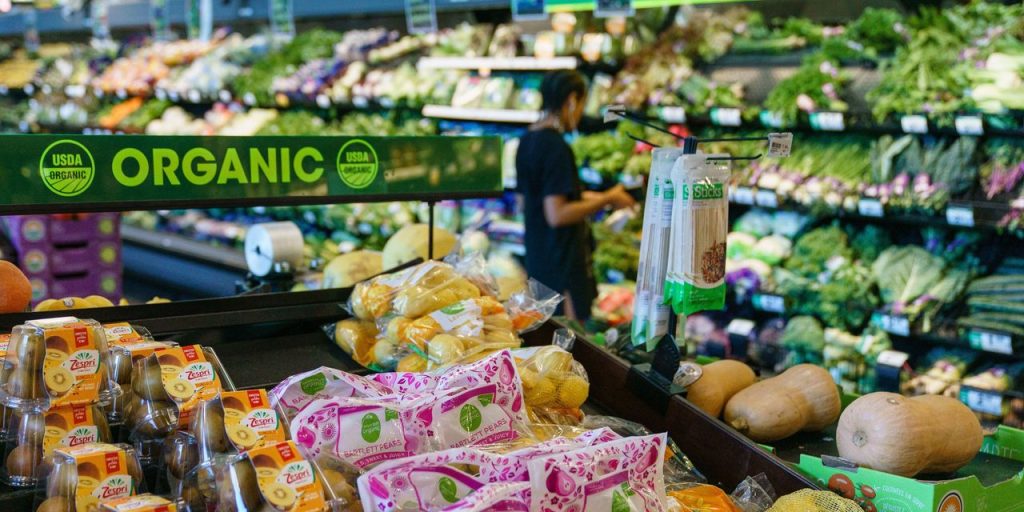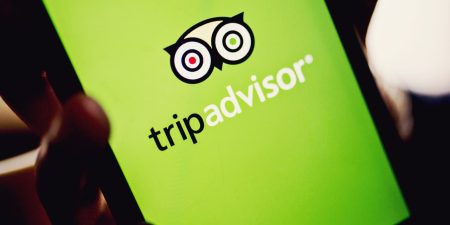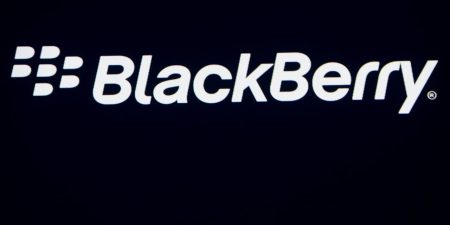Kroger Inc.’s first-quarter earnings scheduled for release early Thursday may enjoy a boost from the company’s pharmacy business, according to BMO Capital Markets.
Analyst Kelly Bania said an analysis of data from analytics and market research company IRI, proprietary BMO sales index analysis and food-at-home CPI, among other sources, found that pharmacy sales and diabetes treatments boosted peer comparable sales in the first quarter.
BMO estimates that pharmacy sales account for about 8% of Kroger’s
KR,
total sales, “suggesting potential for +50-100 basis points of incremental comp assuming similar growth to peers in the first quarter, although (it’s) unclear if the termination of Express Scripts will limit Kroger’s capture of this trend and GLP-1 sales are very low margin,” Bania wrote in a note to clients on Wednesday.
Kroger ended its contract with Express Scripts, a unit of health insurer Cigna Inc.
CI,
on Jan. 1, amid a dispute about the pharmacy-benefits manager’s pricing model.
“Express Scripts drug pricing model is unsustainable for Kroger and consumers; access to affordable prescriptions and wellness services remains company’s top priority,” Kroger said in a statement.
Bania is expecting Kroger’s same-store sales to be in line with BMO’s estimate for a rise of 5.5%, or 4.0%, including the headwind from Express Scripts. The analyst has a market perform rating on Kroger’s stock.
Kroger is expected to report per-share earnings of $1.46 and sales of $45.256 billion, according to analysts polled by FactSet. That’s compared with EPS of $1.45 and sales of $44.600 billion in the year-earlier period.
Same-store sales are expected to rise 3.4%.
See also: Kroger-Albertsons merger could cost grocery-store workers millions in lost wages, report says
Morgan Stanley said same-store sales are at risk of missing consensus, based on NielsenIQ correlations, and is expecting margins are facing more downside risk than upside risk.
“Competitive intensity remains benign overall and particularly from
the larger/scaled grocers (WMT, KR, ACI, COST, etc). But some cracks are
emerging from smaller regional grocer margins and as price investments
are picking up from discounters,” analysts wrote in a note to clients.
Morgan Stanley had an equal weight rating on the stock.
Louis Navellier, founder of Navellier & Associates, said he expects Kroger to offer a window into the health of consumer spending and the state of the retail sector.
“Kroger is very well managed and it will be interesting if it has any comments about a cautious consumer,” he said in a commentary.
Beyond the headline numbers, investors may be keen to hear more about Kroger’s roughly $25 billion planned merger with rival Albertson’s Inc., which remains in regulatory limbo more than seven months after it was announced.
S&P Global Ratings said in a May note that the prospects for approval “seem dimmer than when it was initially announced, but our base-case assumption that the deal will eventually close remains unchanged.”
Credit analyst Pablo Garces said his assumption for store divestitures has increased from the original 100 to 375.
“It is S&P Global Ratings’ belief that the deal will require more than 375 store divestitures, potentially closer to the 650-store divestment cap,” Garces wrote.
The analyst was also expecting at least seven more months before the deal may close.
“With the regulatory process well underway, the deal’s merits, hurdles, and detractors are rising to the surface,” he said.
For more, see: Kroger and Albertsons say their merger will help lower food prices for struggling consumers. Not everyone is convinced.
Kroger’s stock has gained 6% in the year to date, while the S&P 500
SPX,
has gained 14%.
Read the full article here









